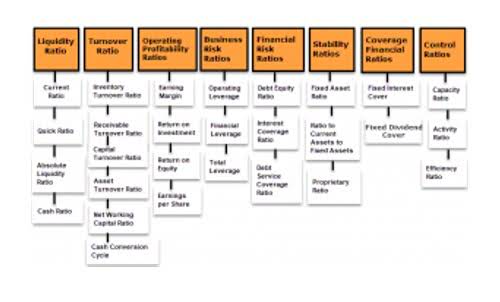Firms must carefully weigh the pros and cons to determine the best approach for their specific situation. External audits by independent accountants provide an additional layer of oversight. These audits can identify discrepancies, inefficiencies, and areas for improvement in financial processes. Firms should record payments immediately and apply them to Sales Forecasting the correct client accounts. We recommend choosing one or the other to prevent confusion and for the most accurate overview of your firm’s finances.
Common Reconciliation Errors
For law firms, one of the most crucial accounting tasks is accurate time tracking. Billable hours are the lifeblood of most law firms, and failing to track them accurately can result in significant lost revenue. Equally important is the tracking of non-billable hours, such as administrative tasks, which can provide insight into areas where efficiency can be improved. Managing your books via accounting software may get you started as a solo attorney. But, if you want to spend your time focused on practicing law rather than deep in the weeds of retained earnings your law firm’s accounting and financial management, you may want to consider hiring help. One (or more) of these professionals can greatly assist with your law firm’s accounting.
Financial Reporting for Law Firms
It offers simpler online accounting solutions, making it easier for law firms to manage their finances efficiently and effectively. Additionally, hiring a professional legal accountant or bookkeeper with experience in law firm accounting is a common practice to minimize these errors. Consistent monitoring and updating of the budget are necessary to ensure that it aligns with the firm’s financial goals.
Law Firm Tax Structure Options
In addition to facilitating compliance, proper financial documentation is crucial during audits. Law firms must be prepared to efficiently compile and present evidence of compliance, which can include detailed transaction histories, invoices, and receipts. One of Bench’s partners, tax professional and Enrolled Agent Adam Short, shares why bookkeeping law firm bookkeeping is so important to the tax resolution process. Learn how to build, read, and use financial statements for your business so you can make more informed decisions.
The Bookkeeper’s duties are designed to keep the Owner apprised of the heartbeat and health of the firm. In addition, the Bookkeeper shall immediately apprise the Owner of any unusual financial activity or problem that may arise. While you spent most of your life becoming a seasoned lawyer, accounting is a different area and not your expertise. Although you now understand the common mistakes in accounting for law firms, you’re still an accountant or bookkeeper.
These funds are stored in IOLTA or “interest on lawyers trust accounts” accounts. To avoid this type of situation, use accounting software that allows you to automate these processes. Again, you should also be spending time daily recording your firm’s transactions. First things first, bookkeeping and accounting aren’t the same things.
Controllers Go Beyond Data Entry
Failing to properly allocate these expenses can lead to inaccurate billing, complicate tax filings, and raise issues of compliance. In this blog, we’ll cover essential accounting and bookkeeping practices that every law firm should implement to stay on track and safeguard its financial health. At least quarterly—ideally monthly—law firms must complete three-way trust account reconciliation. This is the process of reconciling your bank statement with your client trust account ledger and individual client ledgers.
- Here’s a guide to understanding trust accounting regulations and maintaining accurate trust account records.
- You can also expect us to provide highly accurate accounting and bookkeeping services tailored to you.
- Every financial transaction involves at least two accounts, including debit and credit.
- We work with you to achieve your financial goals and enhance the profitability of your law practice.
- When clients are slow to pay or don‘t pay their bills, you may find yourself unable to pay your staff or cover other overhead expenses.
Final thoughts on accounting and bookkeeping best practices
Make sure whatever tool you use integrates properly or choose an all-in-one software for both. Benefit from a deep understanding of legal ethics, regulations, and financial best practices, ensuring your firm’s compliance and financial health. This ensures that financial transactions are properly documented and tracked, minimizing the risk of errors or discrepancies in legal accounting.





